Do not let management work be interrupted
On July 1, Associate Professor, Dr. Pham Khanh Phong Lan was again appointed as Director of the Ho Chi Minh City Department of Food Safety, responsible for managing, directing, and operating activities related to food safety in the city. This includes inspection, examination, supervision, propaganda, and handling of food safety violations. According to Associate Professor, Dr. Pham Khanh Phong Lan, the Ho Chi Minh City Department of Food Safety has just received personnel from the health, agriculture, and industry and trade sectors (related to food safety) of the two provinces of Binh Duong (old) and Ba Ria - Vung Tau (old), dividing them into specialized departments and arranging work. In the immediate future, ensure that work and common tasks are not interrupted.
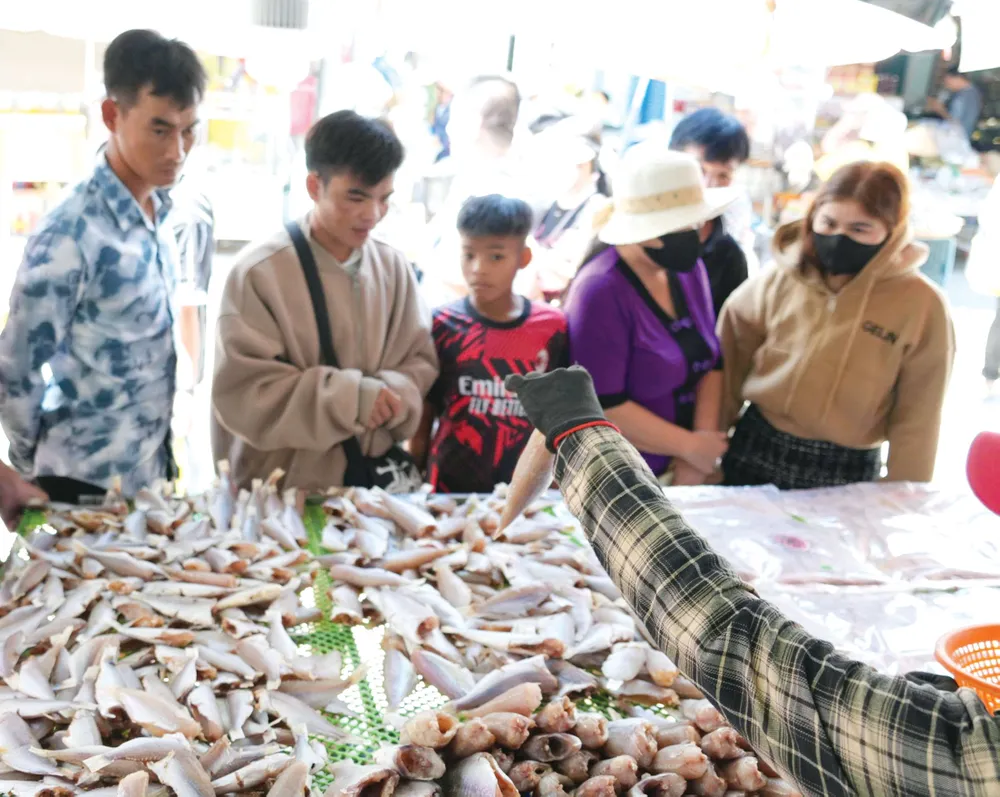
Because previously, Binh Duong and Ba Ria - Vung Tau only had Food Safety and Hygiene Sub-Departments under the Department of Health, with limited staff, the Ho Chi Minh City Department of Food Safety plans to set up teams down to the communes and wards, making efforts to ensure smooth operations, strengthening administrative reforms, and not allowing food safety licensing work to stagnate. Particularly in the central area of Ho Chi Minh City, licensing records in the field of food safety have been carried out online at level 4. In addition to perfecting the organizational structure, at the end of July, the Ho Chi Minh City Department of Food Safety will organize food safety inspections and controls at the beginning of the school year throughout Ho Chi Minh City; conduct food safety training for schools; carry out work to ensure food safety for workers' meals in export processing zones, industrial parks, street food...
Ms. Vu Thi Luyen, Deputy Head of the Department of Social Culture, People's Committee of Vung Tau Ward, said that tourism is an advantage of the locality, attracting many tourists. Therefore, the area has many service establishments, food businesses, markets selling food, food, seafood markets. However, the local food safety control work is facing difficulties due to the situation of spontaneous markets, street vendors, and street food still taking place. A part of food traders do not pay attention to the quality of goods, so poor quality goods are still mixed in. Ms. Vu Thi Luyen hopes that after the merger, the food safety management work in the ward will be better implemented. "In the immediate future, we hope that the Ho Chi Minh City Department of Food Safety will open many training courses to improve knowledge for the team in charge of food safety work in the area. The Department will provide us with means such as chemicals and rapid test kits to help trace the origin of food," Ms. Luyen suggested.
Raising awareness of people and businesses
According to Associate Professor Nguyen Duy Thinh, food technology expert, former lecturer at Hanoi University of Science and Technology, the Ho Chi Minh City Department of Food Safety was previously responsible for ensuring food safety for nearly 10 million people, but now it has increased to more than 14 million people. With a large area and large population, it is not easy to control, while food safety violations are still happening sophisticatedly and silently, which is a big challenge. Associate Professor Nguyen Duy Thinh cited the case of Ho Chi Minh City Police recently discovering 3 establishments in Ben Luc residential area (Binh Dong ward) soaking hundreds of kilograms of banana flowers with borax and bleach of unknown origin before selling them to the market, showing that the food safety issue is very complicated.
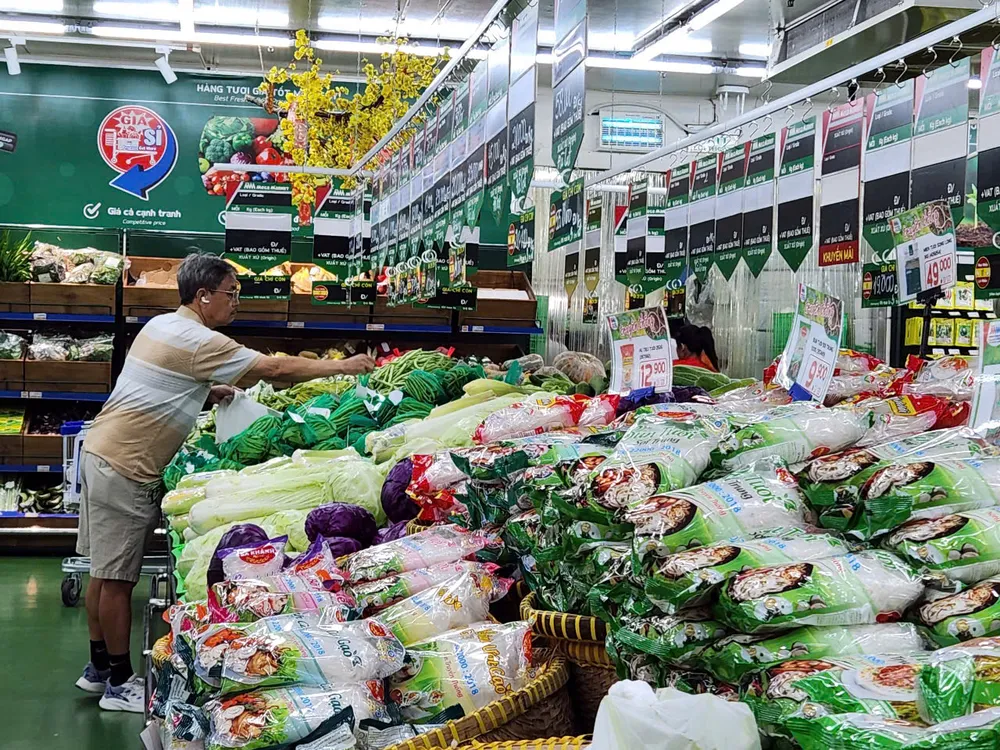
In the past, the problem of the quality of workers' meals in Binh Duong was prominent because of the concentration of many industrial parks, while Ba Ria - Vung Tau faced risks from street food and restaurants serving tourists. Therefore, the Department of Food Safety of Ho Chi Minh City needs to calculate and establish a specific action plan in the current context. This is a huge challenge for the management agency because of the great responsibility but the thin staff, the large area. Associate Professor Nguyen Duy Thinh said that the root of food safety management is prevention. Therefore, the management agency needs to have elite staff, close to the area, promptly prevent food safety violations instead of letting violations happen and then taking action. "With a large area like Ho Chi Minh City today, the capacity of people working in the field of food safety must be improved and adapted, preventing violations," Associate Professor Nguyen Duy Thinh emphasized.
Focusing on training and propaganda to improve knowledge for owners and employees of food and food business establishments in implementing food safety regulations; reviewing and inspecting compliance with food safety regulations, strictly handling violations; mobilizing street vendors to move to fixed points of sale to control food safety risks... are also issues for local authorities at the commune level.
Many opinions say that a number of safe food chain projects or models of goods quality control and supply chain transparency that have been successfully implemented by Ho Chi Minh City need to continue to be applied throughout the area. Notably, the "Responsible Green Tick" program, implemented since March 2024, stands out. After one year, the program has recorded the participation of 11 major distributors such as Saigon Co.op, Satra, MM Mega Market, AEON, GO!, Tops Market... along with 308 suppliers and 2,049 products labeled "green tick". Participating units commit to providing standard goods, clear origin, complying with the law and implementing social responsibility in production and business.
Ho Chi Minh City is the pioneer in the country in implementing the "Blue Tick of Responsibility" model based on the mechanism of trust and market power. The management agency plays a leading and coordinating role; consumers are the opposing and monitoring force; businesses and e-commerce platforms are the subjects of commitment and responsibility to the community. "Ensuring food safety for more than 14 million people is a huge responsibility and challenge, and it takes time to implement and evaluate. However, we expect the management agency to have creative and effective methods to ensure public health," Associate Professor Nguyen Duy Thinh shared.
Building a set of criteria to evaluate the effectiveness of local food safety management
Deputy Minister of Health Do Xuan Tuyen commented that localities are currently applying different food safety management models, leading to a lack of unity and difficulties in coordination. Some places have independent food safety management boards, while others are scattered among departments and branches, causing overlapping tasks. The Ministry of Health is finalizing two draft decrees to submit to the Government, including specific regulations on decentralization of management according to administrative levels; clear instructions on the organization of the management apparatus model of provincial-level professional agencies with the goal of ensuring unity from the central to local levels, increasing the effectiveness of task implementation, avoiding laxity and clarifying responsibilities. In addition, the Ministry of Health will also develop a set of criteria to evaluate the effectiveness of local food safety management as a basis for annual inspection and assessment, and promote training and professional training for officials at the grassroots level to improve the capacity to organize and implement tasks.
Strengthening food safety control at cheap eateries
Ms. Dao Le Thu Trang (at 537/5 Nguyen An Ninh Street, Tam Thang Ward) said that the local cuisine is diverse and rich, especially famous for seafood. Many popular restaurants have very fresh seafood flavors but cause concerns about food safety, especially the import and preservation of raw materials. Although they are locals, her family also suffered from digestive disorders after eating at popular restaurants a few times. "I hope that the food safety issue will be better managed by the Department of Food Safety of Ho Chi Minh City and localities. I also hope that businesses strictly comply with the provisions of the law on food safety such as selling quality products, with clear origin... so that local people and tourists can feel secure as well as preserve the brand of sea tourism", Ms. Trang shared.
Pay more attention to workers' and laborers' meals
Mr. Le Minh, residing in Phu Loi ward (HCMC), hopes that the food traceability projects that HCMC is implementing will be replicated in each ward and commune, contributing to providing safe food sources for the people. In particular, Binh Duong used to be a place where workers from many localities came to work, but their lives still had certain difficulties, their jobs were unstable, and they spent very little. They even had to find cheap food at the afternoon market to cook, even though they knew that "cheap is bad". "We hope that the authorities will have solutions to ensure that low-income workers and workers have access to safe food at a reasonable cost," Mr. Minh suggested.
Source: https://www.sggp.org.vn/tphcm-voi-hon-14-trieu-dan-thach-thuc-quan-ly-an-toan-thuc-pham-post802868.html




![[Photo] Hanoi morning of October 1: Prolonged flooding, people wade to work](https://vphoto.vietnam.vn/thumb/1200x675/vietnam/resource/IMAGE/2025/10/1/189be28938e3493fa26b2938efa2059e)



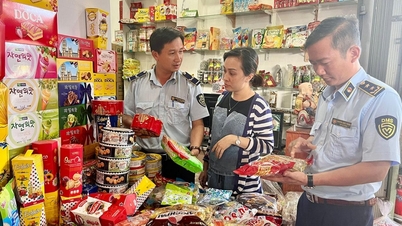

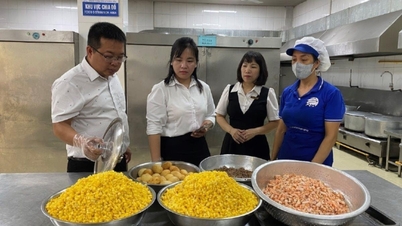



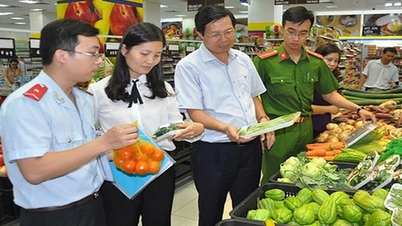

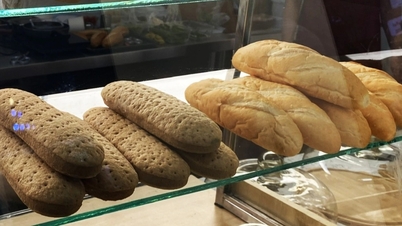

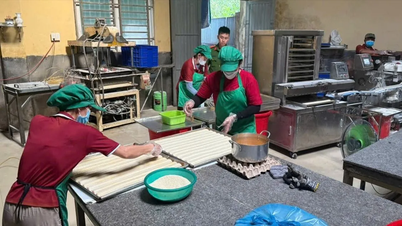
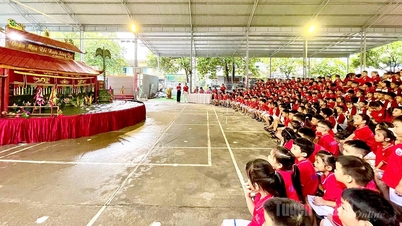



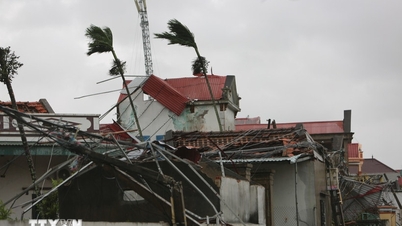
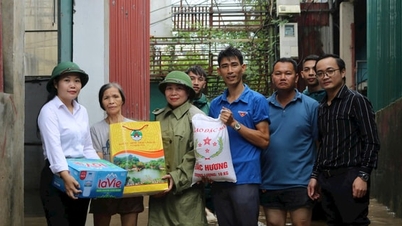

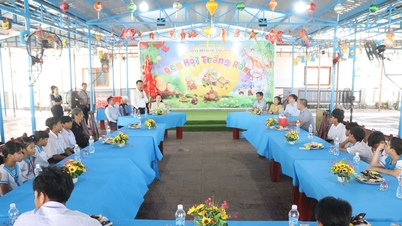
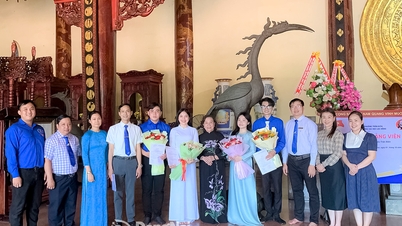








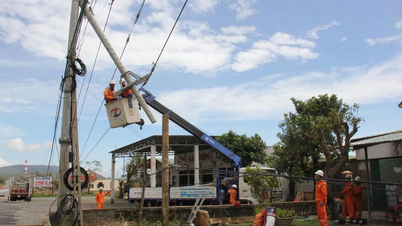
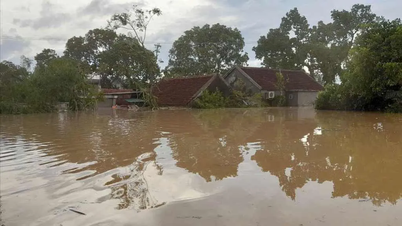

![[Photo] Panorama of the cable-stayed bridge, the final bottleneck of the Ben Luc-Long Thanh expressway](https://vphoto.vietnam.vn/thumb/1200x675/vietnam/resource/IMAGE/2025/9/30/391fdf21025541d6b2f092e49a17243f)






































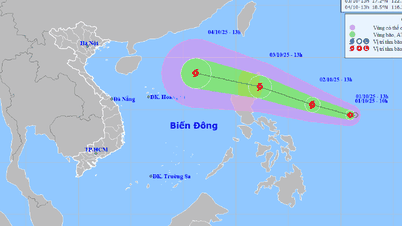

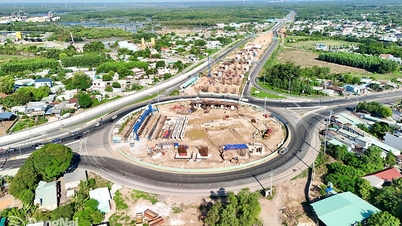
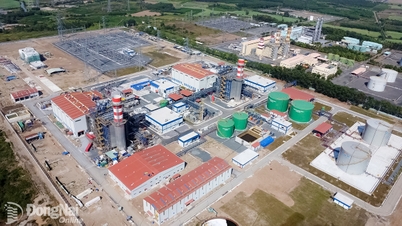
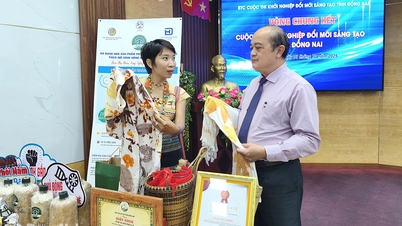
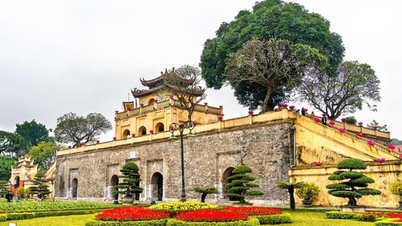
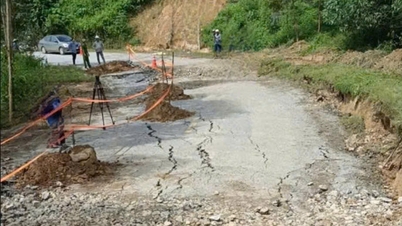














Comment (0)